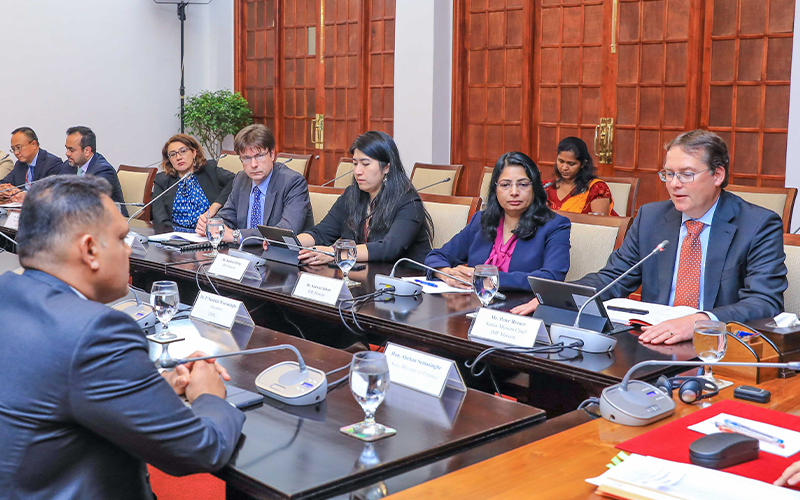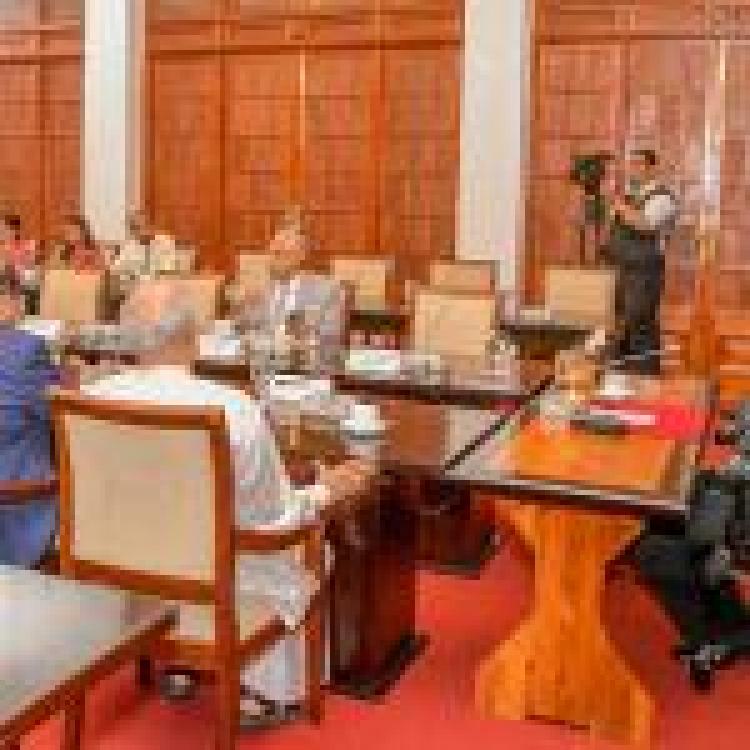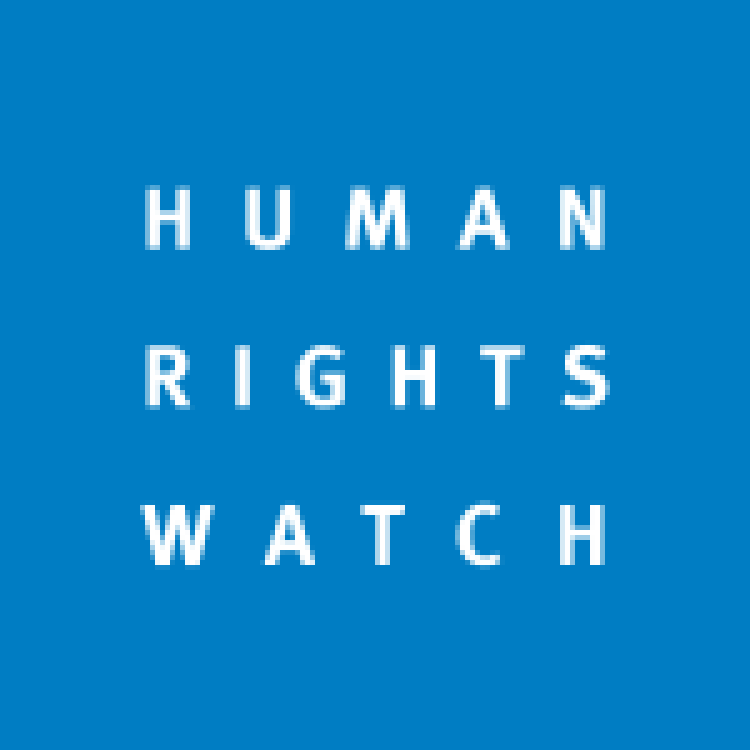
In a letter to the International Monetary Fund (IMF), Human Rights Watch (HRW) calls upon the organisation to stress to Sri Lanka the importance of civil society and to abandon proposed legislation that would severly curtail their freedom.
The letter highlights that the IMF's recent Governance Diagnostic Assessment emphasised the indispensable role of civil society in addressing the causes of Sri Lanka's crisies, and also acknowledged that the Sri Lankan government sought to intimidate and silence independent voices.
The HRW letter notes:
"The Online Safety Act, enacted in January, creates vague and broad speech-related offenses punishable with lengthy prison terms. The Anti-Terrorism Bill, currently before parliament, contains sweeping new speech-related offenses and arbitrary powers of arrest. And the draft law to regulate nongovernmental organizations could make independent civil society activity all but impossible in Sri Lanka".
Commenting on the matter, Meenakshi Ganguly, deputy Asia director at Human Rights Watch, stated:
“As the economy collapsed in 2022, Sri Lankans demanded good governance and an end to corruption, but instead now face draconian laws and policies that threaten human rights and undermine reforms [...] The protests helped bring President Wickremesinghe to power, but instead of listening to calls for change, he’s clamping down on peaceful dissent".
The IMF’s US$3 billion bailout of Sri Lanka – which is linked to government commitments to reform – helped stem the immediate economic crisis after the country defaulted on its foreign debt in 2022, but further progress is threatened by the adoption of laws by President Ranil Wickremesinghe’s administration that would severely restrict basic rights, the HRW noted.
“The IMF and other international partners supporting Sri Lanka’s economic recovery recognize that this crisis has its roots in misgovernance and corruption,” Ganguly said. “If their efforts are to be successful, they need to stand firm against the government’s attempts to curtail fundamental civil and political rights.”
HRW cites the Sri Lankan government on January 30, 2024, provided the draft NGO law to selected members of civil society, who were given three weeks to respond. “The bill does not address any evident need, but instead seeks to subject civil society organizations to invasive government scrutiny and interference, and threatens civil society members with prison if they don’t comply with cumbersome administrative procedures.”
The National Collective of CSOs and NGOs, a coalition of Sri Lankan civil society organizations, wrote to the government on 28 February that the proposed law would “violate the fundamental rights to freedom of association and expression,” while damaging the delivery of services by civil society organizations, including to “the many families who are struggling to make ends meet amid severe economic hardship.”
The United Nations High Commissioner for Human Rights, Volker Türk, in his 1 March update to the UN Human Rights Council on the crisis in Sri Lanka, said he was “concerned by the introduction of new or proposed laws with potentially far-reaching impact on fundamental rights and freedoms … which variously strengthen the executive, grant broad powers to the security forces, and severely restrict rights to freedom of assembly, association and expression, impacting not only on civic space but the business environment".
The IMF should protect the credibility and efficacy of its program in Sri Lanka by publicly calling upon the government to abandon the proposed NGO law, impose a moratorium on use of the Online Safety Act, and amend the Anti-Terrorism Bill to ensure that it respects human rights standards, Human Rights Watch wrote.




